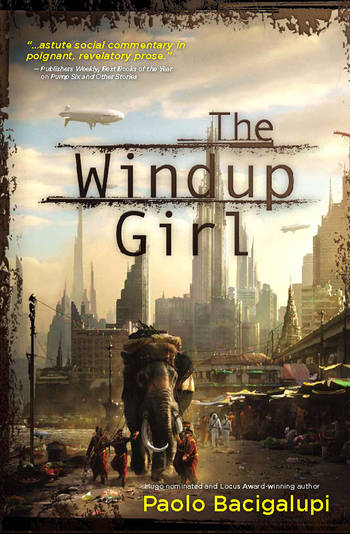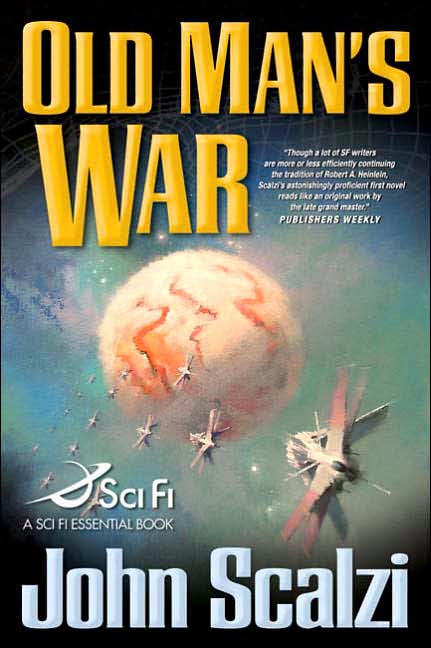Slave to the Traffic Light
/
Driving is something that I've become very interested in over the past year or so, and something that I've been interested in learning more about. It's very rare that I come across a book that really challenges a lot of the perceptions that I have about something, but Tom Vanderbilt's fantastic examination of driving, Traffic: Why We Drive the Way We Do (And What It Says About Us) really did the trick. Traffic looks at, well, Traffic, in all of its numerous and complicated elements, and in doing so, has become a book that is absolutely essential for everyone who gets behind the wheel of an automobile, and even those who come across a road with any regularity. Vanderbilt has put together a wonderfully comprehensive, exhaustive and accessible read that explains just why we drive the way we do and what it says about us.
There are several main arguments and elements of driving that Vanderbilt covers over the course of the book. The first is largely psychological, looking at the first major aspect of driving: The Driver. Without a driver, a car just sits in the driveway or a parking lot, and is for all intents and purposes, harmless. Putting a person behind the wheel subjects the car, driver and passengers to the judgment, attention and skill of the driver.
Attention seems to be the most important element for the driver, and this is something that Vanderbilt tackles right away in the book. Driver error is arguably one of the leading causes of crashes, and in this day and age, there's certainly no shortage of things to distract the driver, from other cars on the road, to mobile phones that are increasingly more complicated. Vanderbilt explains that driving is an extremely complicated process, and that in order to drive around safely without crashing into anything, the brain receives and processes a lot of information - eye tracking cameras have found that a driver is looking all over the place, to the side of the road, in front of the car and ahead, all while analyzing their surroundings and making decisions accordingly that minimize the risk to the occupants. In the instance of driving, eating, talking, fiddling with the radio and so forth, the brain has to essentially divert resources and stimuli in order to properly make those actions. Drivers who look down to text on their phone take their eyes off the road while moving, which creates an incredibly dangerous situation, as the car, moving at speed, is now captained by a driver who isn't acting on their surroundings.
Besides the driver looking at the road, the mentality of the drivers also comes into play. Vanderbilt describes the road as a place where a number of people who don't know each other must interact and cooperate, for the good of the system. Humans are social creatures - look to the difficulty of communicating online, where you are deprived of access of someone's voice and subsequent inflections, facial cues and so forth, and think back to the last time someone honked at you, passed aggressively, and so forth - the road is a place where numerous people come together, with a huge variety of training, habits and attitudes, and where there is virtually no feedback as to how you are doing on the road. Vanderbilt notes that just because a driver doesn't get into an accident, that doesn't necessarily mean that they aren't a poor driver - they've just been lucky. Most problems on the road stem from these relationships between drivers - miscommunications, the absence of communication and drivers not interpreting traffic correctly. As more drivers enter the road - and Vanderbilt notes that traffic is on the rise in the United States - it becomes more crucial for people to work better together while on the road.

Congestion and traffic is the next major issue that is covered in the book. It is noted several times that as highways were constructed in the 1950s and 1960s, they were put together with a certain intent for capacity. In the ensuing years since these roads were constructed, the ceilings for traffic volume has shot through the roof and roads are carrying far more than they were ever intended for. Vanderbilt looks at several issues associated with this: the various ways in which traffic is dealt with, but also how some solutions are really not solutions at all. With a higher volume of vehicles on the roads, Vanderbilt notes that traffic systems have to jockey all these cars around - traffic lights and signs have been longtime elements that have managed traffic, but have severe limitations. Similarly, their very presence impacts the behavior in of cars in ways that are sometimes counter to what is good for the overall system. Traffic lights stop cars completely, which stops the vehicles behind them. Once the green light clicks on, cars go though, but there is an inherent risk there, as cars travel through a projected path of the cars to the side of the intersection. I've long been a fan of rotaries - there is one here in Montpelier, with another one just opened after a couple months of construction, and I believe that they should be put into far more widespread use, as it not only keeps traffic moving smoothly (once people get used to using them), but it keeps drivers on their toes, rather than automatically expecting that they will be safe going through an intersection.
A major issue with congestion is traffic volume, and how driving impacts the rest of an overall system. Vanderbilt notes that often times, roads can handle a high number of cars, provided that there are no bottlenecks, such as accidents and slow-moving cars. He compares the system to a bucket of rice going through a funnel. A certain volume can be handled going through, but with more and more added, everything backs up. He cites one example of stop-lights that monitor the volume of an interstate, and will allow cars on accordingly, at lulls in the system, allowing traffic to move smoothly as a whole. At times, what is best for an individual driver can be harmful to the overall health of the system.
With that in mind, consider that the best thing for the system as a whole is the health and well being of the driver, and in order for that to be achieved most often, drivers need to drive safely, and to be alert. Vanderbilt suggests an argument that on the face seems very counter-intuitive, but one that makes a lot of sense: In order for drivers to be safer, they need to drive in unusually unsafe conditions. Think back to the time when you drove in unfamiliar territory, or a road that was somewhat dangerous, such as a mountain road. I've done that recently, and remembered that I was more alert, a little slower, and more conscious of my surroundings. Thus, I was paying far more attention to the road, and less on what was far less important, such as my mobile phone. This argument has been tried out in various countries, where municipalities have removed road signs from the road in order to make drivers more aware of their surroundings. The result was fewer accidents, not more, as drivers were forced to pay more attention to the cars and roadside than before, where they could not assume safety in the regulations.
Branching off from that argument, Vanderbilt notes that there is an increasingly seductive move to give drivers more space, more warning, and more comfort in order to take cars further apart from one another, or to give drivers more warnings about hazards. The result is that drivers feel more comfortable with their surroundings, but instead of making the road safer, it provides a sense of security that allows drivers to drive more hazardously. Top Gear, the popular BBC show, has ranted about an excess of road signs, placed in towns to mitigate liability for accidents, such as 'Falling Rocks' (What am I meant to do with that information) and 'Changed Priorities Ahead' (I'd been thinking that I'll be more responsible, pay off my mortgage and eat healthier, but when I saw that, I said screw it, I'll go to the pub). Similarly, cities with large numbers of bicycles and pedestrians have noted trends that follow this information: as drivers are more aware of less protected people, they tend to act accordingly. I recently read an article on a city that saw an increase in bike traffic, and rather than a rapid rise in collisions, there were fewer. The problem as I see it is that that drivers do not realize that driving is an inherently risky activity - seatbelts, airbags, crumple zones and the like give us the illusion that we are safer than we really are. To be fair, these instruments are still essential - it may make drivers feel safer, but in an accident, they will absolutely help to save people's lives.
The overall effect of this book is taking a familiar activity and looking at it in an incredible amount of detail. Prior to reading this book, I had no idea of much of the information, and after reading it, I've noticed a number of bad habits with my own driving - things that I'm mindful of now that I'm going to be working to correct. At the very least, I, and I'm sure far more people, are largely unaware of how our actions impact those around us. I've gone, in my mind, from a good driver to an average one, and I'm honestly surprised that I haven't been in an accident before. It's a revelation that needs to be imparted to the rest of the driving population, simply because of one chilling statistic: every time you drive, you have a 1 in a 100 chance of dying in a car accident over the course of your lifetime. This book, in a way, is about risk-management, and examining driving in a way that helps us become more aware of the risks that we take every time we get behind the wheel of the car. Similarly, it helps to put into perspective just how traffic works. It will certainly make me more responsible, knowing the overall context the roadway.
















